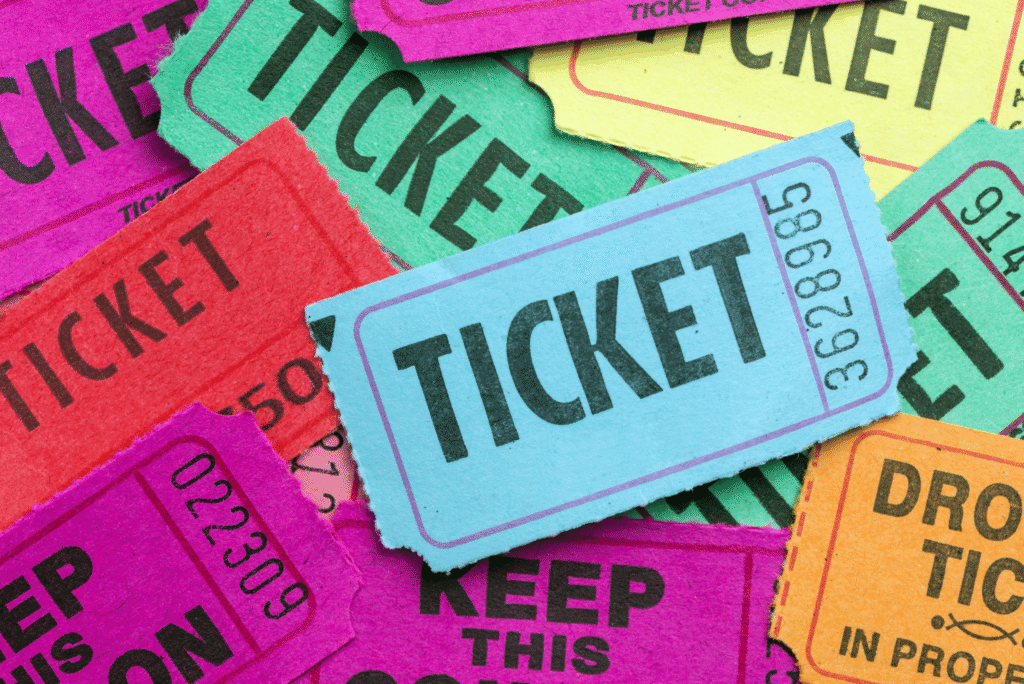Local trends can help you know how and when to list season tickets to maximize your returns. The demand can be influenced by local events, such as parades or festivals, or by a sports team’s performance against its competitors. Monitoring these local factors keeps you in a position to not miss out on high-value resale potential. Here are a few things to understand about the value of selling season tickets in your area:
Understand Buyer Motivations
Various ticket purchasers are interested in different objectives, such as entertainment, networking, gift-giving, or creating secondary-market revenue. Others want to get luxury services such as reserved seats or entry to exclusive suites. The others are fans who desire assured access to rivalry games, playoffs, or weekend series. Understanding such motivations assists you in packaging and marketing tickets in an attractive, specific way.
When selling season tickets, emphasize things like parking passes, weather protection, or in-seat food service. Targeting each group with personalized messages may result in quicker, more assertive buying. Knowledge of buyer psychology makes your offer more attractive and competitive in the market.
Split Packages Strategically
Selling full-season tickets is time-efficient, but it can also be profitable to divide them into smaller parts. High-demand events, such as rivalry or Friday night games, are highly attractive. By separately listing these games, you may be able to sell to those who do not want to spend money on the whole season.
Segmenting can also be used to target various budgets without compromising the overall revenue potential. You have the flexibility to decide which games to retain or sell, depending on your schedule. Evaluate popularity and local trends to determine which games may be more profitable to sell.
Use Pricing Tools
The demand for tickets may vary drastically depending on the team’s performance, weather conditions, and the opposing team. Real-time pricing will keep your tickets competitive and profitable under changing conditions. Demand-tracking tools can help you detect market changes and respond more quickly than manual adjustments would. Rival teams, such as top-ranked teams or historical rivals, can unexpectedly increase ticket prices.
Rather than guessing, apply algorithms to track the value of the seat across multiple platforms simultaneously. Think of changing the prices when the game is about to start to attract last-minute customers. Dynamic pricing is not only about generating profits but also aligning with market behavior. A responsive pricing strategy will help your tickets sell, regardless of the circumstances.
List Across Multiple Platforms
Posting the tickets on a single site restricts your market and reduces the speed at which you can make a sale. Listing on multiple platforms will enable you to appeal to a wider range of buyers, such as tourists, fans, and casual event attendees. Synchronized systems verify that listings are updated in real-time across platforms, preventing overbooking or outdated offers. This saves you on manual effort and provides your tickets with a much larger digital footprint. Multichannel visibility also enables the comparison and optimization of prices across channels. By listing your tickets on multiple websites, you will keep your tickets relevant in the fast-paced and competitive resale market.
Avoid Common Mistakes
Some sellers may commit minor mistakes that reduce the ticket value or slow down the resale process. Among the errors are unclear descriptions or the omission of information about the seats, angles, or facilities. Another mistake is the failure to track market trends, resulting in overpriced listings that do not sell. Low pricing of popular games also restricts your total revenue.
Sellers should research similar listings and make adjustments based on the time and demand cycles. Early and late postings may be beneficial, based on game popularity. These common pitfalls should be avoided to enhance consistency, promote buyer trust, and ultimately yield more profitable results.
Get Help With Selling Season Tickets
Season tickets can be sold profitably and repeatedly with the appropriate tools and understanding. Evaluate the various buyer reactions to timing, perks, and presentation as you develop your strategy. The right plan involves cross-channel visibility and monitoring market demand. Each of the tickets sold can be adjusted to the timing, audience, and event dynamics. Implement these tactics when you want to start selling season tickets and work with a reputable third-party ticket resale site.


